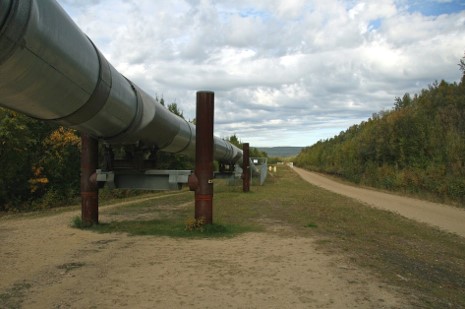Blog

Will an Oversupply of Crude Oil Cause Prices to Drop Further?
The price of gas goes up and down all year long and it generally relates to supply and demand. Motorists usually drive more in the summer, making gas and oil prices surge upward. On the other hand, cold weather can make it more expensive for homeowners to keep their houses toasty. Oilfield workers and consumers actually prefer to see a happy medium when it comes to oil prices as well as demand. National oil shortages lead to price gouging and gas being rationed instead of available on demand. On the flip side, an oversupply of oil results in oilfield workers having their hours cut and their incomes diminish. Right now, prices for oil are dropping but speculators believe that price trends will stabilise as winter approaches.
Oil Reserves Usually Get Consumed Quickly
When there’s an oversupply of oil, drilling usually slows down a bit. Naturally, any overabundance of oil is consumed and prices will start levelling out. Although barrels of oil can stay good for a long time, sellers don’t want to have factories filled with oil that can be sold almost instantly. There’s a natural movement between the oil fields where crude oil is sourced to consumers who only want the finished product. If there’s a holdup at any part of the process, prices can fall or rise sharply.
Oil Prices Fluctuating Is the Norm
When you go to the gas station, you normally check the prices to figure out how much fuel you can get based on your budget. Consumers expect gasoline prices to change as regularly as from one day to the next. Whether it’s the price of crude oil on the stock exchange or gasoline sold at the pump, there can be major fluctuations. If the price of oil stays too stable for a long time then speculators believe that a major price jump either upward or downward is to be expected.
Prices Falling Can Lead to Oil Price Surges
Sometimes, when oil prices fall, they can go right back into an upswing just days later. Reports of tropical storms can lead speculators to increase the value of crude oil. Then there are the summer months where consumers are expected to drive more regularly and consume a lot more gas. All in all, financial experts don’t usually devalue oil unless they have sound reasoning. Oil surges are more common than devaluation and no trend goes in one direction for too long.
An oversupply of crude oil isn’t a big problem for oil companies or speculators because it is going to be used by consumers. Hybrid cars and even clean air alternatives are becoming more popular, but the fact of the matter is that standard cars still, by and large, use gasoline. As of right now, the jobs of oilfield workers are still secure and oil companies are regularly exploring new fields to tap into. Having more oil than is being used by consumers is still much better than running into a crude oil shortage, which causes prices to skyrocket.



Comments